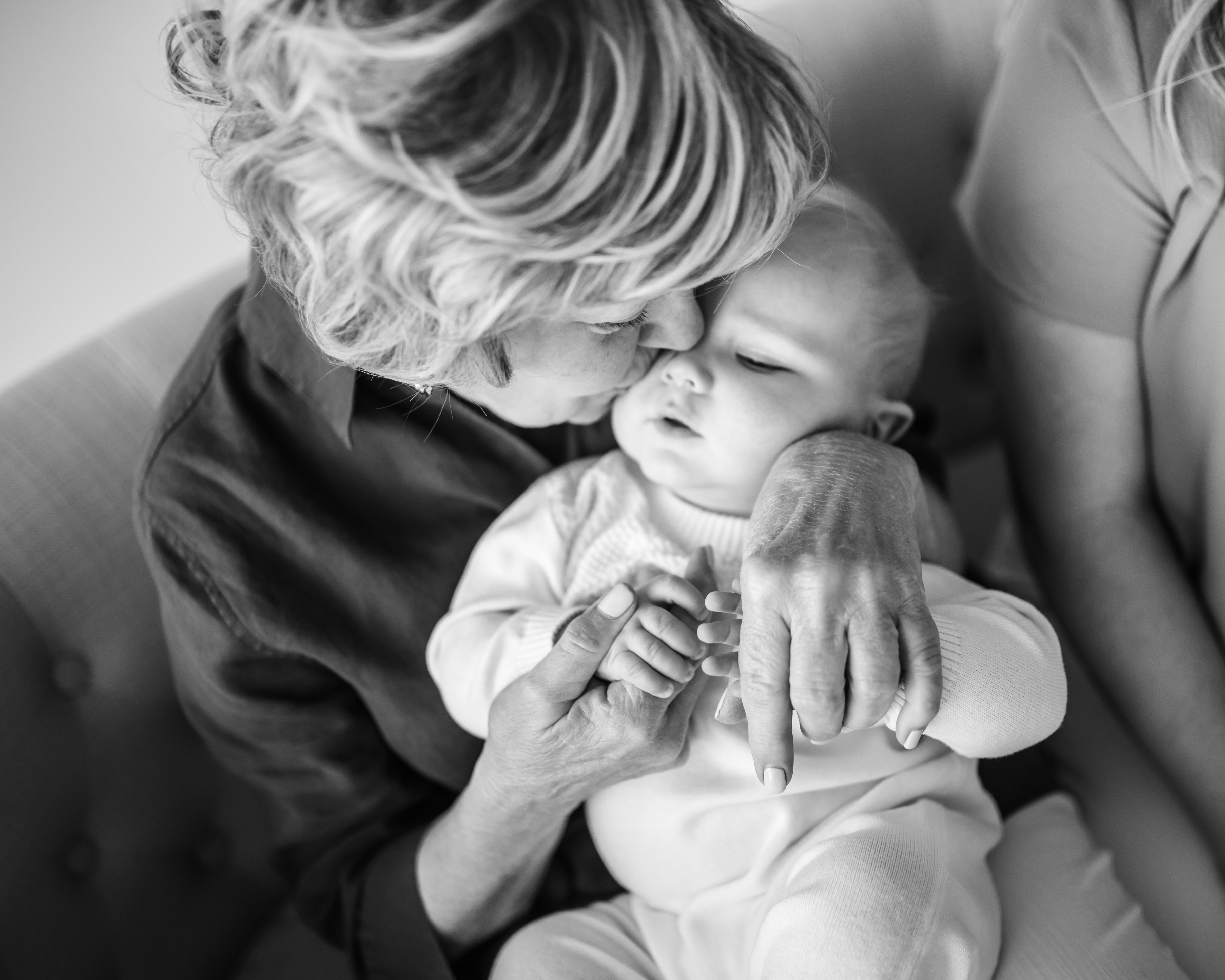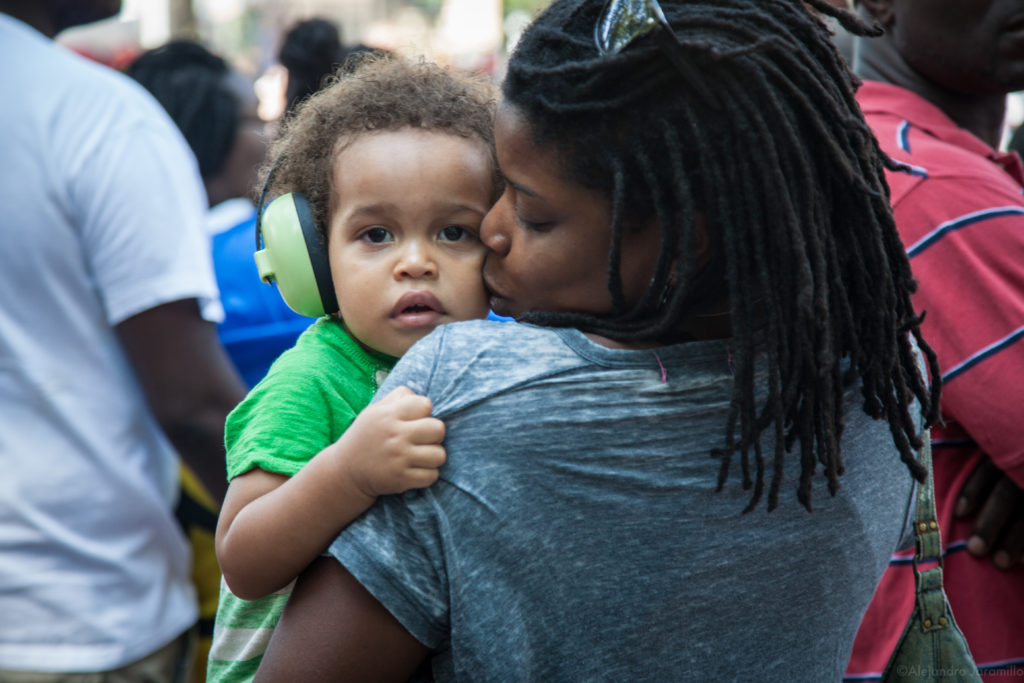
Introduction
Emotional regulation is probably the least discussed parenting topic until things go wrong. Soothing and calming babies is a natural mothering (and fathering) instinct. When babies are born they scream and cry to alert the parent to needing something. We pick them up, rock them, hum, talk in soothing tones, feed, change and love them. When the need is met they tend to stop. They signal hunger, discomfort, need for touch, pain and toilet needs this way. Unless there is pain or the parent has misidentified the need.
In the photos above we can observe a variety of parents emotionally regulating their children. Infants don’t know how to calm themselves down – this is their parent’s task. Yet there is a strange modern assumption that infants ought to know how to behave properly emotionally so as not to inconvenience others, and that if they don’t they are somehow doing it on purpose. I’m referring to comments I hear about why does he kick and scream, or why won’t she go to sleep on her own… This indicates a very dangerous fundamental disconnect in the adults themselves. The whole letting them cry themselves to sleep movement and other similar practices are offshoots of this.
I’ll attempt to explain here why these are adult projections based on adult convenience and not much to do with the way an actual child functions and develops, and what they need. You can’t just have a child like you have a fruit tree and expect it to grow up and develop. Sometimes when I read comments in facebook parenting gropus I am really astounded! As we will learn below, an infant needs a specific form of attention known as empathy or attuned attention, and this is something it generally receives from its parents or main caretaker. The idea that children ought to know how to stop screaming and calm themselves down if you talk to them in an adult manner is wrong. Or that if you take them to occupational therapy someone else can make this happen for you. It is an incomplete take on some partial parenting concept about communicating when the child is calm rather than in the middle of a tantrum. It totally misses the point that to actually calm down a child’s nervous system and emotions requires much more than intellectual talk. Everyone has embedded in them the image of a woman holding a tiny infant in her arms, singing, rocking, stroking and talking to the child to comfort them. It’s an archetypal instinct, and emotional regulation is just a technical term for instinctive comforting. Some people just know how to do it, and the others could arguably do with learning from them. Either way if your child doesnt get enough of it, you will be in for some major emotional storms at home.

Emotional Regulation is the foundation of your child’s health
“Why does my child scream and hit, and when I tell him/her to calm down s/he won’t? What am I doing wrong?” I hear these kind of sincere questions from parents all the time.
The simple answer is that you are not showing your child how to do it. You’re not really doing anything wrong, you’re just forgetting to relate to them when they need you most. They can’t actually calm themselves down on their own before they learn how from you. And they learn from repeated demonstrations. They learn from the way you show them over and over when you help them. Their nerves and thoughts learn to do it for themselves. But it takes a lot of repetition.
How do you calm yourself down using your thoughts, your own breathing, activity, physical touch from another etc. if you are frightened, shocked or upset? This is emotional regulation. It means bringing your emotions back to neutral from whatever extreme extermal events have triggered. This is what infants don’t know how to do and what you need to teach them every time they are out of balance. Every single time. The faster you can do it for yourself, the more resilient you are. But if you are able to do it at all, and are aware of how you do it, you are doing well… many people were not given the attention they needed to develop as infants and have had to learn as adults. Of course not having had that kind of attention yourself may make it seem unnatural or even painful to give it to your own child. But it is essential to learn – it’s not the therapists job, or the nanny’s. It’s an innate human instinct that can be relearned – and its based on empathy, paying attention, and being able to sense your own body.
What is Emotional Empathy, and why is it essential for your child’s development?
Emotional empathy is about being able to feel how someone else is. That means being in touch with yourself enough to feel your own body, and then also being able to feel how your child is. It’s a direct sensing, a physical checking in with yourself and the other. It’s what creates relatinoship – autistic people can’t do this, and they live cut off from others. It’s very important. It is also the basis of attuned attention to a child, which helps regulate the child’s emotions and establish a healthy and functioning brain, nervous system and immune system. It is vital for development. Emotional empathy involves being emotionally available and present with the child – a form of attentive and neutral “being with” – and this is a very crucial experience for the child’s healthy development.
What do babies need?
Babies are like the raw material for a self, and how they are treated affects how they develop. This applies not just to food and clothing, but especially to emotional responsiveness. In the early months of life a baby is establishing what the normal state of physical arousal is in terms of chemical and electrical nervous system signals. A normal range is established through social interaction, by the baby co-ordinating his systems with those of people around him.
This last sentence has big implications because if the baby is surrounded by volatile adults whose emotions change rapidly and don’t create any kind of sense of calm or neutrality, the baby will never learn to feel safe or stable within themselves. It will affect their whole emotional, mental and even physical development adversely. It’s totally impossible, as their nervous systems resonate with those of the adults around them, just like strings on a guitar resonate with another guitar. I’m not talking about parents who have the occasional discussion. Im referring to parents who are unpredictable and not at peace in themselves. On the other end of the scale a baby who is left alone or ignored will also not develop because their nervous system is underactive. What matters is the right kind and amount of attention at the right moment. Since babies can’t speak, that’s why parents need empathy!
In an ideal world
Babies who are given an attuned response learn to expect a world that is responsive to feelings and that will help bring intense states back to a manageable level. It is only by experiencing having it done for them that they learn to do it for themselves. Babies systems are so sensitive that if early experience is inadequate, the stress response can be adversely affected, and brain growth and development may be hindered. Research indicates that the outcome seems to depend far more on how responsive the parents are than on the baby’s innate character or genetics. So parental relational ability is crucial in shaping the child.
What does Emotional Empathy do for the baby?
The most important thing for the baby is the degree to which the parent is emotionally available and present with him to notice how he is, because this helps him regulate his emotions. It involves tuning into the baby’s emotional and physical state empathetically, and calming him down or stimulating him to get him to a comfortable level. Regulation is about relieving the baby’s discomfort, since babies cannot do this for themselves. A frightened child, for exmple, needs to be soothed. This takes the sympathetic nervous system from a state of frantic flight or fight, back to the calming effect of the parasympathetic system.
For many parents, this is a totally natural, unproblematic and normal response to their baby, and happens without thinking about it. Touch, tone of voice, and feeling the parent’s calm nervous system all help the baby to get back to tolerable levels of stimulation in the body.
Parents who get triggered and can’t regulate their own emotions
For other parents, the crying or screaming may trigger their own pain, overwhelm or feelings of helplessness so that they freeze, disconnect from themselves, and are unable to respond to the child’s needs. If this sounds familiar, please find someone to help you get through your own difficult emotions. Asking what is wrong with the child is a sure sign that the parent needs help. There is nothing wrong with a child screaming or hitting out if they are not comforted or met in relationship. Any kind of non-response by the parent is a sign that the parent needs help to reconnect with themselves and to cope with the needs of their child.
Without wanting to sound judgemental, it indicates that they are somehow unable to feel, connect or empathise and this is serious because it can threaten their child’s survival ultimately. The fact that in modern society it is deemed acceptable to plonk an iPad in front of a crying or screaming two-year-old and be done with it is actually indicative of a very low level of mental health and emotional capacity in today’s young adults. Helping parents get embodied and connected with themselves is essential across the board to stop the tide of labeling and medication of children. The origins need to be treated in the parents directly.
The basics of attuned attention
In practice, an available and responsive parent is just being there, feeling the child’s state and responding. Attuned attention or emotional empathy is the basis for regulation. For some parents who are always busy thinking or in their heads, or worrying, getting inside their own body and being this present with their child can be a wonderful revelation. And also very difficult to do consistently. It is the only true basis for relating to the child. (Fortunately it is a skill that can be learned by anyone – if you are interested in knowing more, please send me a message).
I teach the basics of attuned attention, emotional regulation in self and others, relating and becoming aware of your own patterns. I use techniques from somatic experiencing, craniosacral, ancestral clearing and my own empathetic sense of the inside of your body to help you connect on a deeper level. I notice immediately when you go into thinking and bring you back. I have spent 30 years investigating my own inner body connection and researching empathy, relationship and emotional regulation inside of my own direct experience, and with others. I have repeatedly witnessed how when a parent finds their own centre and learns to calm down and sense at will, issues like ADHD , tics, eczma, sleeping issues and tantrums are simply gone. It is quite astounding to me how the level of parental presence and body-connection is a direct indicator of their child’s overall health and emotional balance. And that this is not widely acknowledged in mainstream science or pyschotherapy. A small positive shift in the parent’s inner connection can have a huge immediate effect on the child.
Emotional Regulation can be non-verbal too
Emotional regulation is often about responding to feelings in a non-verbal way – through touch, tone of voice, look. For example, a mother soothes her screaming over-aroused baby by engaging her with a loud voice that mirrors the pitch and emotion, and then gently calms her expression, taking her down into a calmer state. Or she might relax a baby by rocking him, or tickle and laugh with a sad, disinterested baby who actually needs more stimulation. This monitoring and adjustment needs to be a continuous task for many, many months at the beginning of the infant’s life. Without it they cannot develop properly, physically or socially, and suffer later on.

Getting or not getting attuned attention affects the growth and connections to the pre-frontal cortex, or social brain. In infancy and the toddler years, the part of the pre-frontal cortex involved in verbalising feelings may not develop adequately, and this part of the brain has been strongly implicated in depression. Without the social brain connections, the child and later adults suffers in lacking external connection too.
Problems with helping a child regulate
If parents cannot feel, name or regulate their own feelings, they will not be able to feel their baby, and so won’t respond to their needs for regulation. The baby will be left in chaos, without a clear sense of how to keep level, and maybe even thinking they shouldn’t have feelings, because they have been ignored. In this case these early experiences may lead to a child assuming that there will not be others emotionally available to help notice and process feelings, or to help them get back to feeling ok. So, both regulating and labelling a baby’s feelings can be difficult for a parent whose own awareness of their states is impaired. And yet such family patterns of poor regulation need not be passed on to the next generation, because any adult can learn to provide attuned attention if they are willing. And if they practise consistently coming back to the body.
Similarly, if an adult is not able to feel their own strong emotions such as anger or frustration, they will tend to try to supress or avoid them in their children. Often they will lash out at the child when the child is angry because they can’t control their own response. In that case the child will probably try to hold back their feelings, in essence to protect the parent from their own feelings. This is completely inappropriate. The child then learns that they get no regulatory help, and will learn to suppress or switch off those feelings – which don’t go away.
If you are reading this and realizing all the things you have done “wrong” as a parent, please don’t be hard on yourself. The good news is that what it takes to put your errors right, is learning to give attuned attention. When adults go for therapy, this is what the therapist is doing in order to teach them to learn to regulate their own emotions, to remedy their own childhood neglect. As a parent, the sooner you start being with your kids in this way, the faster their potential will recover and develop. And everyone is able to learn, because it’s an innate human ability.
It does mean that if your child is now three and you haven’t been soothing them or stimulating them when they are under par, there will be some extra work and catching up to do. You will have to pay them more attention for a while until their brain and nervous system has developed up to those of their playgroup peers. But it’s very possible at that age to make up a deficit, and much harder later on.
Conclusion
Giving your child empathy and helping them regulate their emotions is fundamental to their long-term mental, emotional and even physical development and health. Children simply need recognition of the psychological self – the thinking and feeling self. They need people willing to get on their wavelength, understanding how they are feeling, helping them express it, otherwise they can’t get a sense of themselves, or a sense of their own identity. Our sense of self is very dependent on this feedback from others. If there is little parental response at all, or it is negative, we can feel non-existent, invalidated and basically bad. It becomes harder to make sense of feelings without a framework of ongoing support and the sense of self becomes increasingly tenuous. And in practice this means that children need to relate to adults who respond to the actual present moment needs of the child, and not to their own idea, or an idea of what they think the child might need. They need adults who are really there. And they really can’t do it alone. So next time you wonder why your child can’t calm down, please move into action and give them the help they need.
